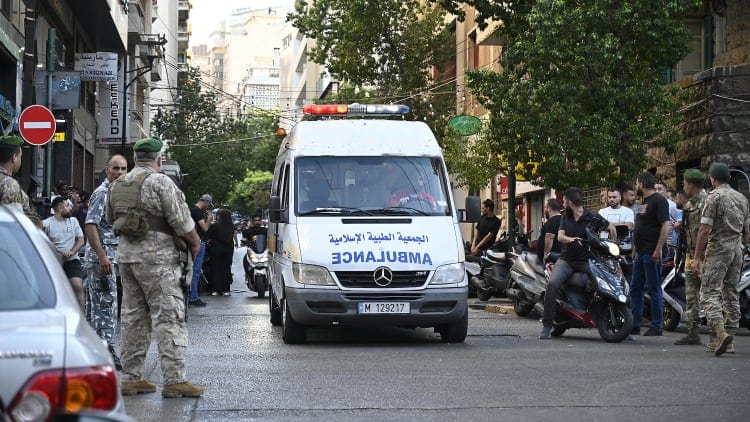Walkie-talkies Detonate Across Lebanon in New Explosions Following Deadly Pager Attacks
Israeli intelligence agency Mossad, in collaboration with the Israeli military, is believed to be behind Tuesday’s pager attacks

In a shocking escalation, Lebanon was rocked by a series of explosions on Wednesday, when walkie-talkies detonated across the country, killing at least nine people and injuring more than 300. This wave of explosions occurred just one day after pager blasts killed 12 and injured over 2,800, sparking widespread alarm and international condemnation.
The Lebanese Ministry of Health confirmed the fatalities and reported that hospitals were overwhelmed by the influx of wounded, many suffering severe injuries to the face, hands, and abdomen. The blasts were particularly concentrated in southern suburbs of Beirut and southern Lebanon, areas with significant Hezbollah activity.
Israel’s Role and Hezbollah’s Retaliation Pledge
Israeli intelligence agency Mossad, in collaboration with the Israeli military, is believed to be behind Tuesday’s pager attacks, which targeted Hezbollah operatives. Israeli officials had informed the United States of an impending operation in Lebanon but did not provide specific details. The operation has drawn swift condemnation from Hezbollah, which has vowed retaliation, and the Lebanese government, which referred to the attack as “criminal Israeli aggression.”
UN Secretary-General Antonio Guterres expressed deep concern about the violence, warning of the potential for further escalation. "Everything must be done to avoid that escalation," he stated, emphasizing the need for restraint amid the growing tensions in the region.
A Broader Geopolitical Impact
Wednesday’s attack marks the second consecutive day of explosions targeting communications devices, spreading fear among Lebanon’s population. Reports suggest that the pagers and walkie-talkies used in the attacks were modified with explosives, a tactic that underscores the level of sophistication involved in the operation.
While Israel has refused to comment publicly on its involvement, the attack has sent shockwaves through Hezbollah’s ranks, disrupting its communications and raising questions about the security of its operational infrastructure.





